Raghavendra Kamath, Reghu Balakrishnan in Mumbai
Thursday was a big payday for Deutsche Bank (DB), which ended its tumultuous relationship with the Mumbai-based Lodha Group. For DB, the exit was a windfall -- a neat 55 per cent profit in four years.
Such buybacks are rising. Indian real estate saw 14 such private equity (PE) exits, worth $457 million (around Rs 2,285 crore) in 2011. Of these, promoters bought out existing PEs or other financial sponsors in eight deals, according VCCEdge, the research platform of VCCircle.
Normally, one would assume that increased cash flows were helping these companies give their investors an exit. The Lodhas, for example, funded their buyback partly through internal accruals worth Rs 1,720 crore and via fresh fund raising of Rs 825 crore (Rs 8.25 billion).
So, are companies turning around? Are cash flows back on track? Quite the contrary, say consultants and analysts.
Why are builders feeling investor heat?
For many of them, it's actually becoming a double whammy. To start with, sales growth is still weak. What's worse is that many are facing irrate financial investors tightening the noose around them.
"There are two types of exits -- first, out of compulsion, wherein developers arrange funds before the investors exercise 'put option' and levy heavy penalty; and, second, they exit after the project is sold off," says Vijay Wadhwa, promoter of Wadhwa group which gave exits to US-based bank Wachovia in two of its projects in 2009.
Given the state of the property market, the first type of exits are gaining ground.
...
Why are builders feeling investor heat?
Photographs: Reuters
"Developers do not have many options. At a time when property markets have stagnated in key cities, not much new money is flowing into real estate and big investors have exhausted their money," says Ambar Maheshwari, managing director, corporate finance, Jones Lang LaSalle, a property consultant.
According to PropEquity, a real estate research and analytics company, absorption of homes in the national capital region has come down by 53 per cent. And, the Mumbai Metropolitan Region saw a decline of 57 per cent in 2011 from 2010 figures.
The PE investors, too, have figured out ways to extract their pound of flesh and are either reworking contracts or making water-tight ones afresh, leaving very little flexibility to these realtors.
...
Why are builders feeling investor heat?
Photographs: Luke MacGregor/Reuters
"The exits are part of the contract and the realtor has no option but to buy it back, given the pressure from investors on the PE funds," says Amit Goenka, national director, Knight Frank, a global property consultant.
There's an added pressure point for developers from PE players, if the lifespan of their funds is coming to an end. Then, it becomes tough to roll over the investment and cashing out at a pre-agreed internal rate of return remains the only way out.
A host of funds raised by fund houses such as Kotak, IL&FS, Indiareit and HDFC have exited their investments and are looking at exits. This is because they raised funds between 2005 and 2007, and, these funds normally carry a life span of five to eight years.
...
Why are builders feeling investor heat?
Photographs: Punit Paranjpe/Reuters
"Developers are under pressure to give exits and are also under obligation to show track record by giving exits to investors," Maheshwari says. According to consultants, developers are, therefore, borrowing at steep rates, of more than 22 per cent, from non-banking financial companies (NBFCs) and other investors, to give exits to PEs.
According to JLL, the NBFC funding rates have shot up to 19-22 per cent in 2011. And, with over 20 active players, NBFCs are the principal means of finance for buybacks.
"Today, the cost of private equity is definitely higher than that of debt. If you are sure the value of the equity is higher than what I am paying for (in a buyout from PE), you go ahead," said a spokesperson of Rustomjee, which gave exits to UK-based Trinity Capital in three of its projects last year. The total value of the exits is around $ 45 million.
...
Why are builders feeling investor heat?
Photographs: Reuters
According to sources, a prominent developer in the national capital region took loans from NBFCs at 24 per cent to give exits to PE funds last year.
A year before, in another transaction, a Mumbai-based developer raised funds through NCDs carrying coupon of 12 per cent and preferred returns of another 9 per cent from a financial services company to give exits to a US-based fund in two of its project in 2010.
This, many analysts fear, is further stretching companies' balance sheets.
In September 2007, DB invested Rs 1,640 crore (Rs 16.4 billion) by subscribing to optionally convertible debentures (OCDs) of Mumbai-based Cowtown Land Development, which houses Lodha Group's flagship projects, including upscale Bellisimo in Mahalaxmi in central Mumbai, Lodha Aqua in the Mumbai suburbs and other land parcel in the central suburbs.
...
Why are builders feeling investor heat?
DB, too, had tightened the screws around Lodhas. According to the IPO prospectus filed by Lodha Developers more than two years ago, the group had to repay DB by December 2010. In case of a default on the interest amount, the bank had the right to convert its investment into as much as 99 per cent equity stake in Cowtown.
The relationship between the two had its fair share of ups and downs until both reached an agreement for repayment of the investment amount. The deal required Lodhas to pay a minimum interest rate of 13.65 per cent, which could have gone up to 22.50 per cent if market conditions improved.
The company's management, however, disagrees. "Our ability to generate positive cash flows from our business by focusing on execution and end-user sales has enabled us to make such a large payment at a time when the general economic environment is quite tough," said Lodha Group Deputy Managing Director Abhinandan Lodha.
...
Why are builders feeling investor heat?
PE investors, however, are still open to making fresh investments. Blackstone, for example, bought out a Pune IT Park from DLF for Rs 800 crore (Rs 8 billion) in January.
"The interest of investors is back. Global investors such as Blackstone and other sovereign funds are keen to invest in yield-generating assets. This makes exit easier for the initial PE/VC investors in Indian realty," says HDFC Property Ventures Managing Director K G Krishnamurthy.
Secondary deals involving two funds are also gaining traction. Last year, HDFC Property Ventures exited its five-year-old stake in an SEZ promoted by Embassy Property Developments, selling stake to Blackstone for $119 million.

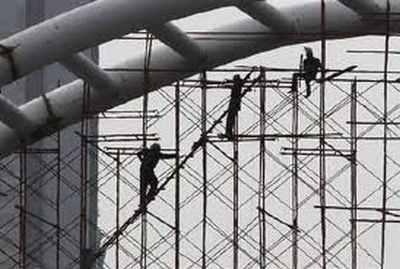
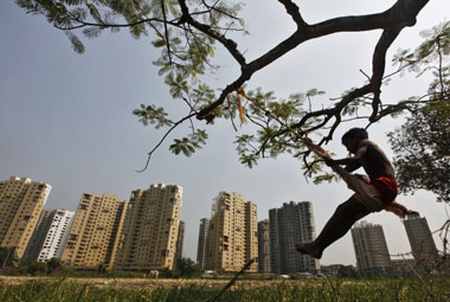
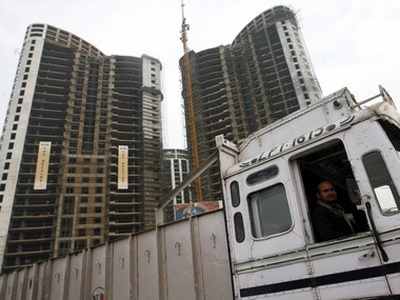
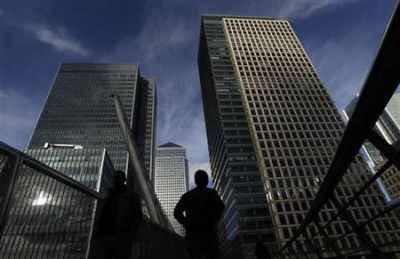
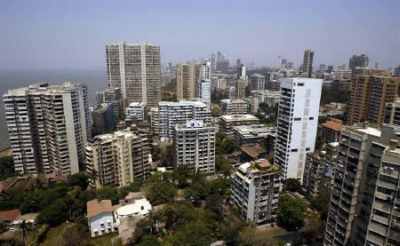
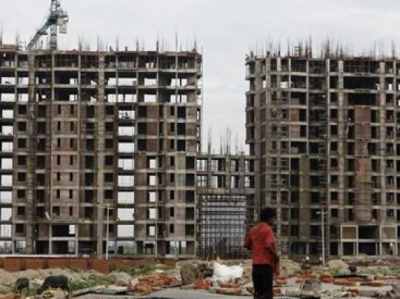
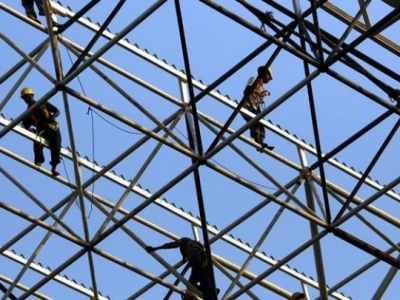
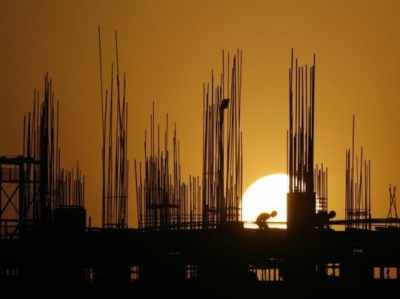

article